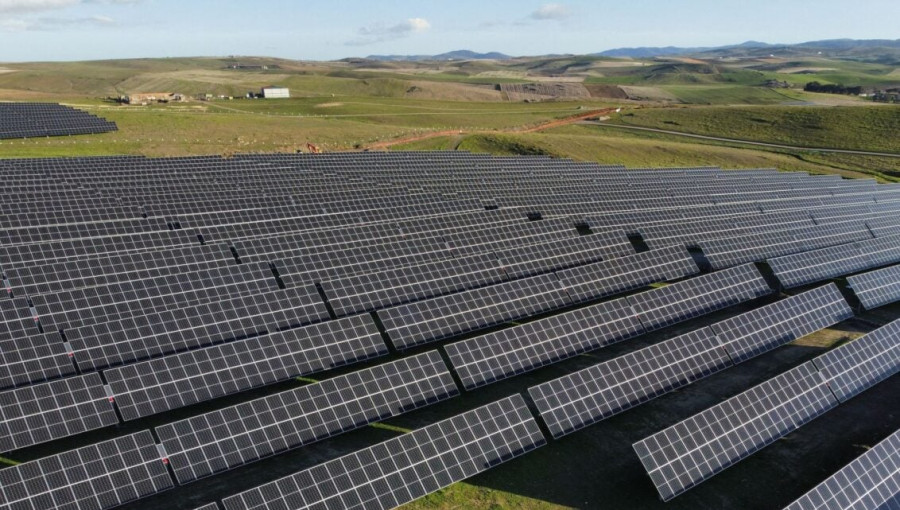The adoption of battery energy storage systems (BESS) in conjunction with solar power is gaining significant attention in Europe’s power purchase agreement (PPA) market, as stakeholders seek tailored solutions to navigate a volatile energy landscape. Frederico Carita from LevelTen Energy highlighted the increasing relevance of these hybrid systems during a recent panel that coincided with the release of the firm’s latest European PPA report, which revealed a decline in solar PPA prices.
During the panel, Carita remarked that European solar PPA prices had dipped below €35/MWh ($40.8/MWh) in the third quarter of the year. He contrasted the trends in solar and wind prices, noting that while wind prices remained stable, solar prices had consistently decreased. He pointed out that the oversupply of solar projects seeking offtake agreements accounted for about 90% of the market activity. Carita emphasized the potential for improving flexibility and efficiency in PPAs through the integration of solar generation with BESS.
Damla Yucebas, a senior managing consultant at South Pole, underscored the complexities that hybrid agreements present. She noted that the success of a PPA relies on balanced contracts that accommodate both buyer and seller, raising essential questions regarding battery operation and its role in optimizing market revenues. Clara Rehder from EnBW echoed this, pointing to the varying needs of developers based on existing solar investments and the potential for adding battery capacity.
As developers increasingly aim to incorporate storage solutions into existing solar projects, they face challenges related to construction and operational adjustments. Mauro Rivola from Ingeteam recognized a heightened interest in storage integration at recent industry events, indicating a shift towards better understanding and acceptance among stakeholders.
Yucebas pointed to several hurdles in the commercial landscape, particularly in pricing and risk-sharing between generation and storage components, that can complicate these hybrid arrangements. She noted that many newcomers to the hybrid market might seek conservative contractual terms, which could diminish their financial benefits.
Despite these barriers, interest in hybrid PPAs is on the rise, with storage becoming an integral part of many contracts. Knowledge-building, according to Yucebas, is crucial for investors to confidently negotiate agreements that optimize their investments. The report from LevelTen reflected a notable increase in hybrid PPA offers as companies become more adept at navigating the market’s complexities.
However, Rehder cautioned that while there is a growing trend toward co-located systems, it is not yet seen as a requirement in the market. Nevertheless, consideration of BESS has become a more common practice among buyers. She anticipates that hybrid projects will lead to improved pricing opportunities, although the specific outcomes will depend on various factors.
Ultimately, both developers and offtakers are keen to address the price fluctuations that have characterized the European energy sector. Rehder emphasized that storage solutions are key to fostering stability in the market, suggesting that the ongoing evolution of hybrid structures will tailor to the diverse needs of all parties involved.

